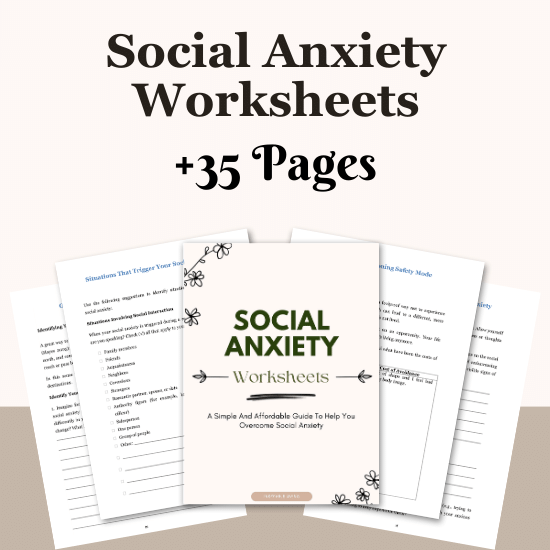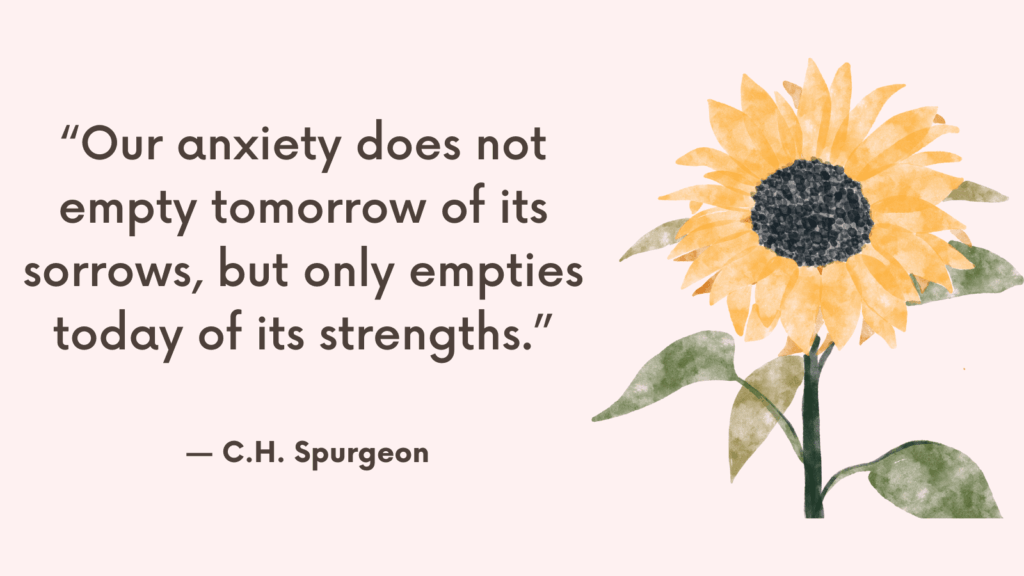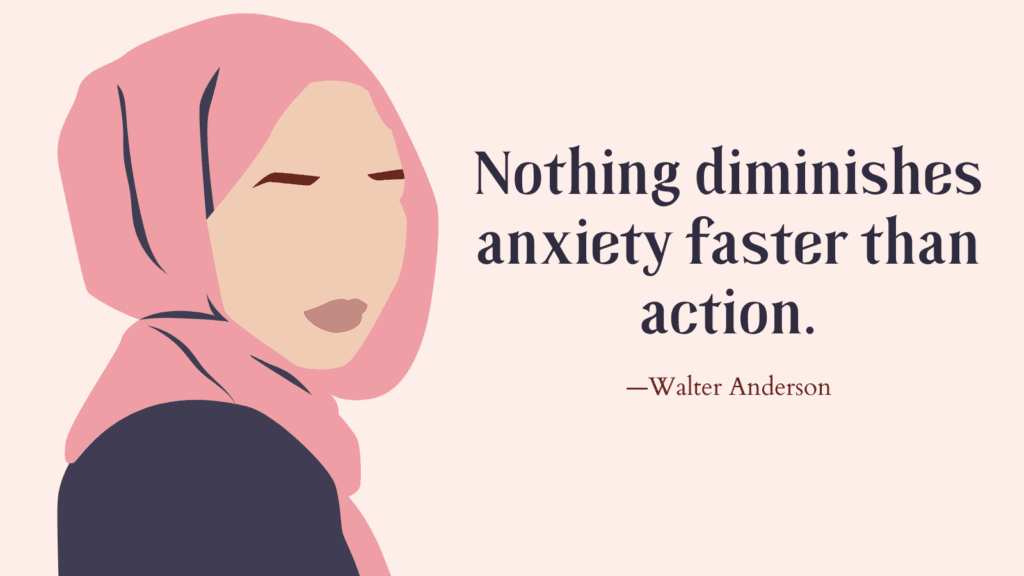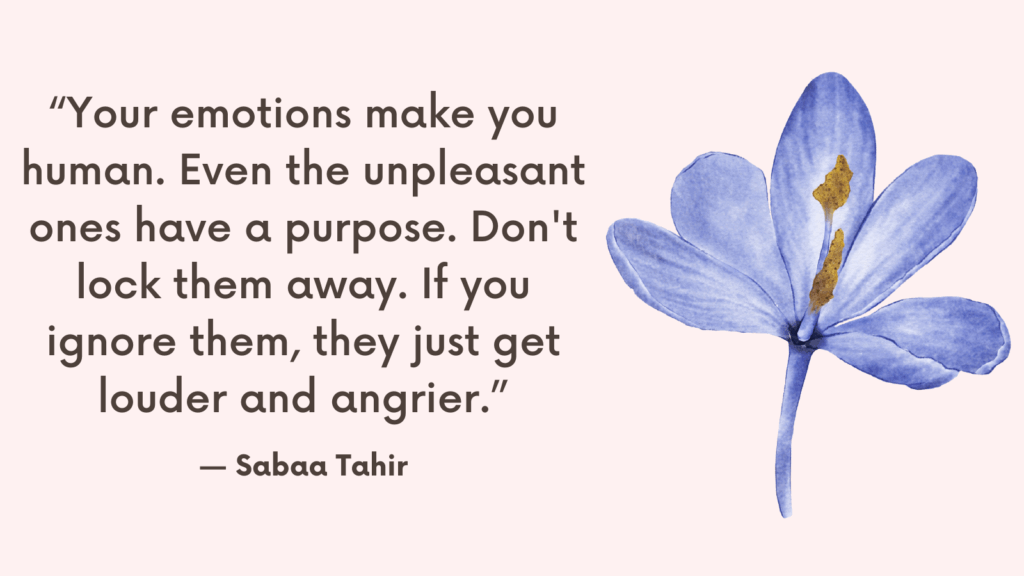Social events can trigger anxiety and overthinking — especially if you worry about what to wear, say, or how you’ll be perceived. The key to feeling more at ease is to prepare mindfully without spiraling into perfectionism or fear. Here’s how to get ready for a gathering with calm, clarity, and confidence.
Common Triggers That Lead to Overthinking Before a Social Event
1. Worrying About What to Wear
Trying on multiple outfits, second-guessing your appearance, or worrying about being over- or underdressed can trigger a spiral of self-doubt and perfectionism.
2. Fear of Judgment or Rejection
The thought of being seen as awkward, boring, or “not enough” often sparks anxious rumination about how you’ll come across, what you’ll say, or what others will think.
3. Social Comparison
Thinking about who else will be there — and how you’ll “measure up” — can cause you to overthink your personality, appearance, or status before you even arrive.
4. Uncertainty About the Guest List
Not knowing who will be there or whether you’ll know anyone can create a fear of standing alone or not fitting in, which fuels mental rehearsal of worst-case scenarios.
Related: 30 Day Social Anxiety Challenge That Will Help You Feel More Confident
5. Past Negative Social Experiences
Recalling previous awkward encounters, misunderstandings, or moments of embarrassment can cause your brain to fixate on what could go wrong again.
6. Pressure to Be “On” or Entertaining
If you feel responsible for making good conversation, being liked, or keeping the energy up, you may start over-preparing, rehearsing, or monitoring yourself excessively.
7. Anxiety About Small Talk
Worrying about what to say, how to avoid awkward silences, or not being interesting enough can make you dread the social interaction before it even begins.
Related: Best 10 Books For Social Anxiety
How to Prepare for a Social Event Without Overthinking?
1. Set a Simple Intention
Before the event, choose a clear and realistic goal like:
- “I want to connect with one person.”
- “I want to stay for one hour.”
- “I want to enjoy being present without pressuring myself.”
Intentions give you focus without adding pressure.
2. Plan Your Outfit Early
Pick something comfortable and appropriate the day before. Stick with what makes you feel like yourself. Avoid last-minute outfit changes — they can trigger self-doubt and stress.
3. Limit Your “What If” Thoughts
When “What if I say something awkward?” or “What if I don’t fit in?” pops up, answer it with grounding truth:
- “I’ve handled social events before.”
- “I don’t need to be perfect — just present.”
- “Most people are too focused on themselves to judge me.”
Related: Best 17 Journal Prompts For Social Anxiety
4. Visualize a Calm Experience
Imagine yourself walking into the event, breathing deeply, making small talk, and enjoying a few moments of ease. This preps your brain to expect success, not disaster.
5. Prepare a Few Conversation Starters
Having two or three go-to questions or comments can reduce mental pressure:
- “How do you know the host?”
- “Have you done anything fun this week?”
- “This place is nice — have you been here before?”
6. Set a Time Limit (If Needed)
If the event feels overwhelming, give yourself permission to leave after a certain time — even 30 or 60 minutes. Knowing you can step away gives you a sense of control.
Related: 11 Tips on How to Cope with Anxiety During Summer Social Events?
7. Use Grounding Tools Before You Go
Breathe deeply, stretch, take a short walk, or listen to music that calms or energizes you. Arriving grounded helps prevent anxiety from leading the night.
8. Avoid Overloading Your Schedule That Day
Give yourself space before the event to rest and mentally reset. Too many tasks or social demands can increase your chances of overthinking.
9. Focus on Listening, Not Performing
You don’t have to be charming or clever. Focus on being curious about others. Listening deeply reduces pressure and naturally helps conversations flow.
10. Remind Yourself: You Can Leave If You Need To
You are never trapped. Knowing you have the freedom to leave early, take a break, or step outside for a few minutes reduces anxiety and increases confidence.
Related: How to Manage Anxiety While Traveling: A Complete Guide

Conclusion
Overthinking is often a sign you care — but you don’t need to prepare for every possible scenario to be okay. Show up as you are, with a steady breath and kind self-talk, and you’ll find ease in moments that used to feel overwhelming.



